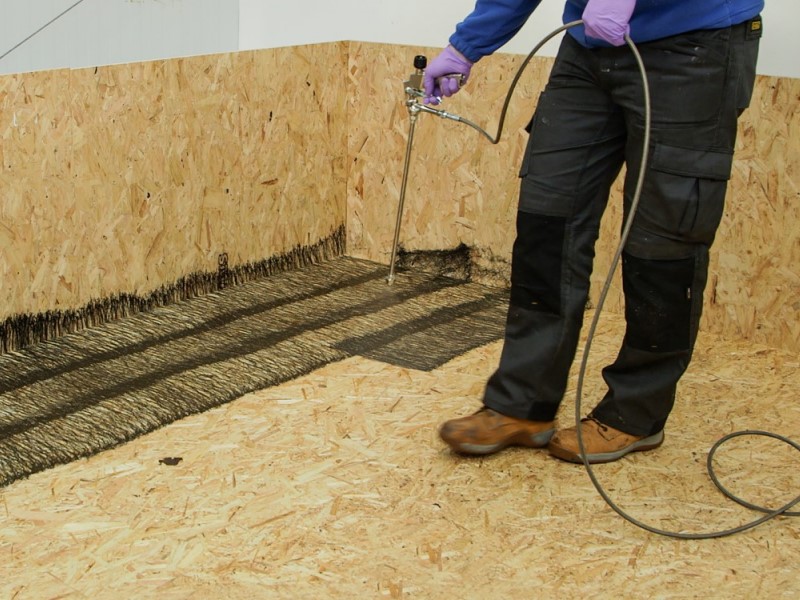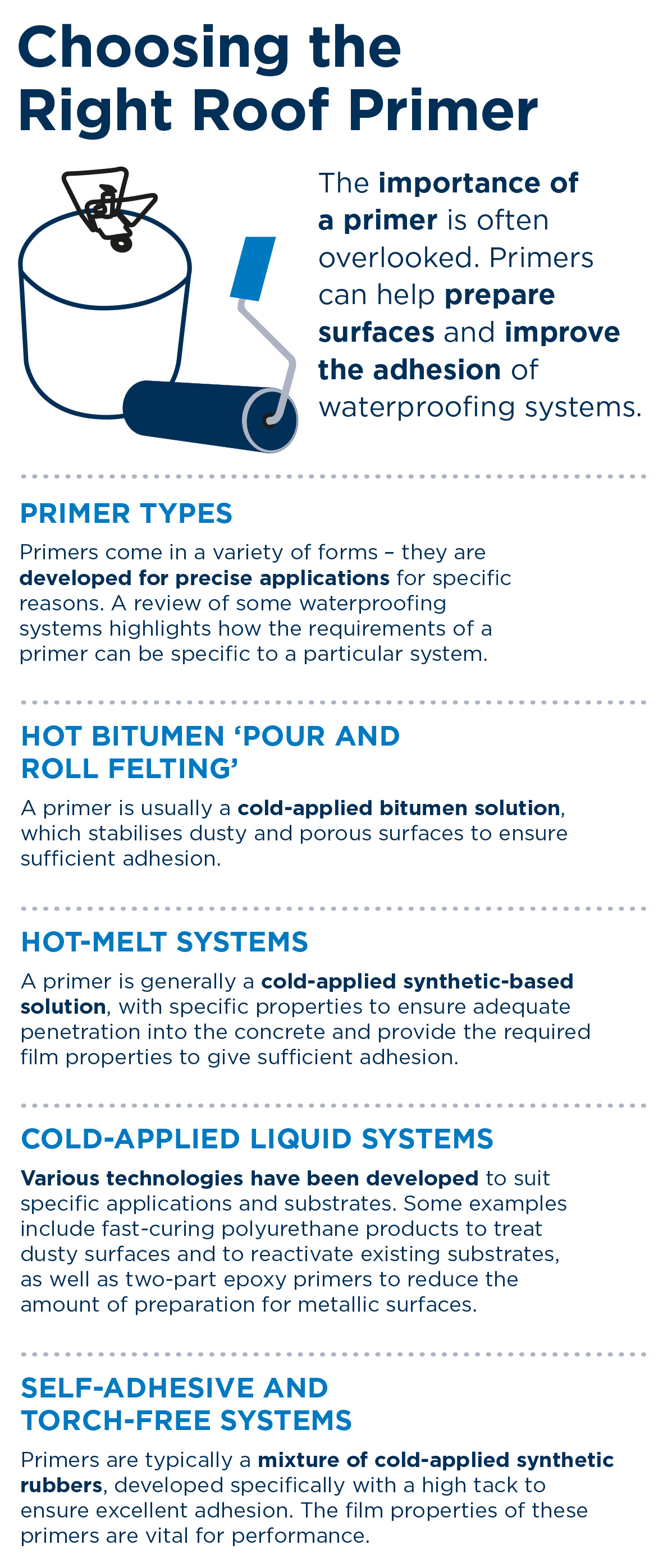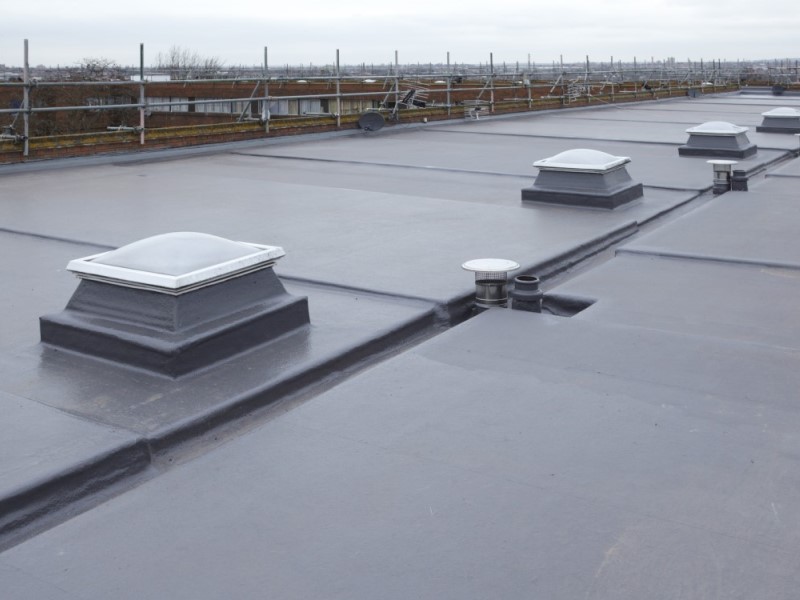Don't risk system warranty to save the cost of a primer
Published: 28 November 2019
Updated: 05 February 2024
The importance of a primer is often overlooked, despite being integral to the adhesion of the waterproofing system. Here we highlight that primers are developed for precise applications for specific reasons.

The importance of a primer is often overlooked, despite being integral to the adhesion of the waterproofing system – it is the bond of the first layer to the substrate. In fact, some contractors choose to not use the primer selected by the system manufacturer in order to cut costs, potentially infringing the system warranty.
Primers are often included as part of the system warranty because they have been tested to a high standard, protecting the longevity of the roof. Therefore, not using the tested primer risks the warranty being invalid, as well as giving unknown performance.
In today’s waterproofing industry, expectations regarding the performance of a primer are higher than ever, especially with the rise of self-adhesive membranes and the need for torch-free applications, as in line with Safe2Torch guidelines. Not only is there a requirement for primers to prepare dusty surfaces, but they are now being used as activators within multiple levels of various systems.
Unfortunately, despite this, there is still often a misconception that a ‘primer is a primer’. This just simply isn’t the case. Primers are developed for precise applications for specific reasons.
Choosing the Right Roof Primer
Priming has been an essential part of the process of waterproofing for many years, regardless of system choice. A review of just some of the waterproofing systems on the market highlights how the requirements of a primer can be specific to a particular system.
Hot Bitumen ‘Pour and Roll Felting’
Hot bitumen ‘pour and roll felting’ is an established waterproofing method, having been in use for well over 100 years. A bitumen primer for hot bitumen ‘pour and roll felting’ is usually a cold-applied bitumen solution, which stabilises dusty and porous surfaces to ensure sufficient adhesion.
Hot-Melt Systems
However, a primer for a hot bitumen system would not be suitable for a hot-melt system. A primer for a hot-melt system is generally a cold-applied synthetic-based solution, with specific properties to ensure adequate penetration into the concrete, as well as providing the required film properties to give sufficient adhesion.
Cold-Applied Liquid Systems
There are also individual requirements for cold-applied liquid systems, where various technologies have been developed to suit specific applications and substrates. Just some examples include fast-curing polyurethane products to treat dusty surfaces and to reactivate existing substrates, as well as two-part epoxy primers to reduce the amount of preparation metallic surfaces require for necessary adhesion.
Self-Adhesive and Torch-Free Systems
Similarly, the demand of a primer is different for the increasingly popular self-adhesive and torch-free systems. Primers for these systems are typically a mixture of cold-applied synthetic rubbers, developed specifically with a high tack to ensure excellent adhesion. Hence, the term ‘activators’. The film properties of these primers are vital for performance, so consequences could be severe if the incorrect primer is used.
Primers for self-adhesive and torch-free systems also usually have reduced drying times to minimise time on site. These primers are also available as sprayable canisters to further minimise project time.
Whilst Apollo Roofing Solutions understands the desire to reduce the number of products onsite, as well as to keep costs to a minimum, using the appropriate primer is key to this, especially when part of a system warranty. It reduces the potential for future problems and helps to ensure excellent performance of the waterproofing system.
Our infographic below summarises the key points:

Sign up to our newsletter to get our blogs delivered straight to your inbox
This form is protected by reCAPTCHA and the Google Privacy Policy and Terms of Service apply.







